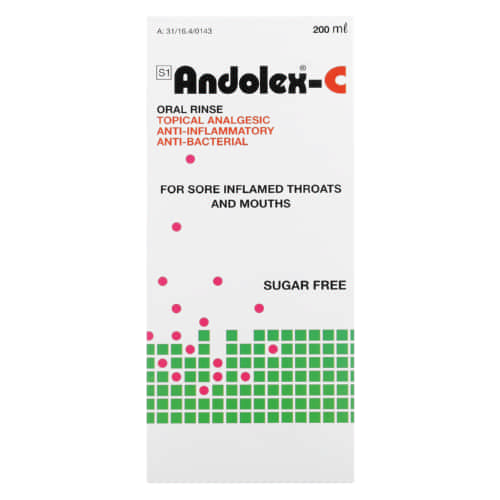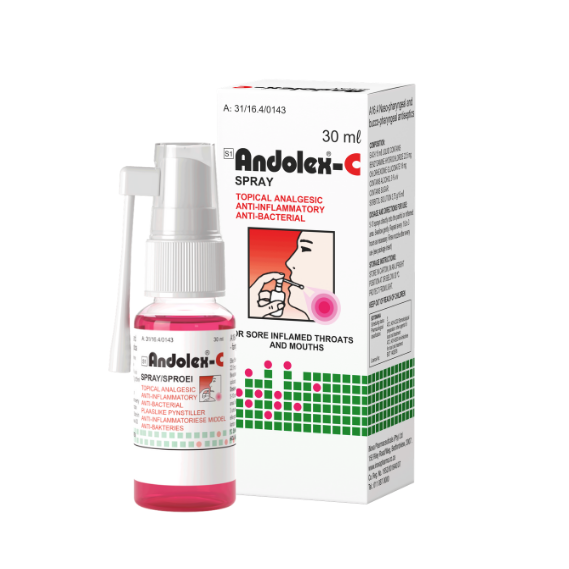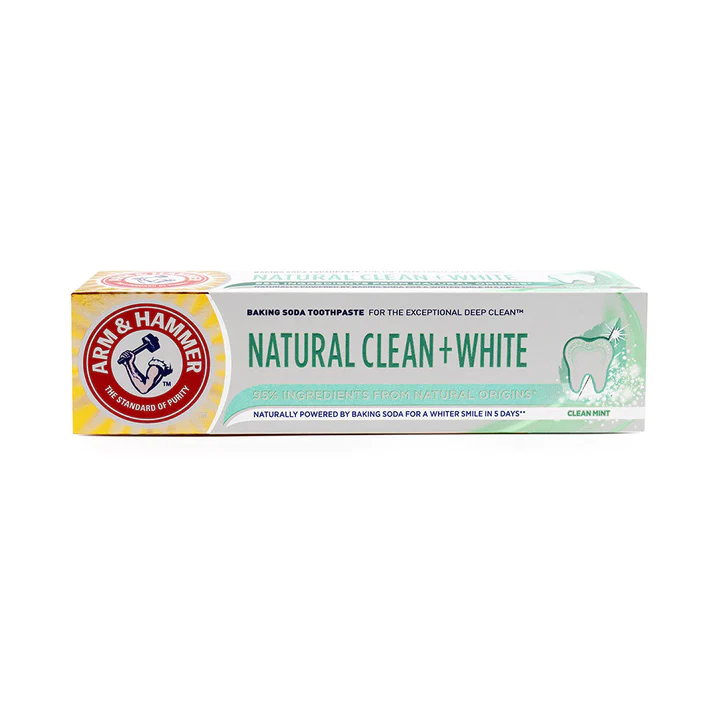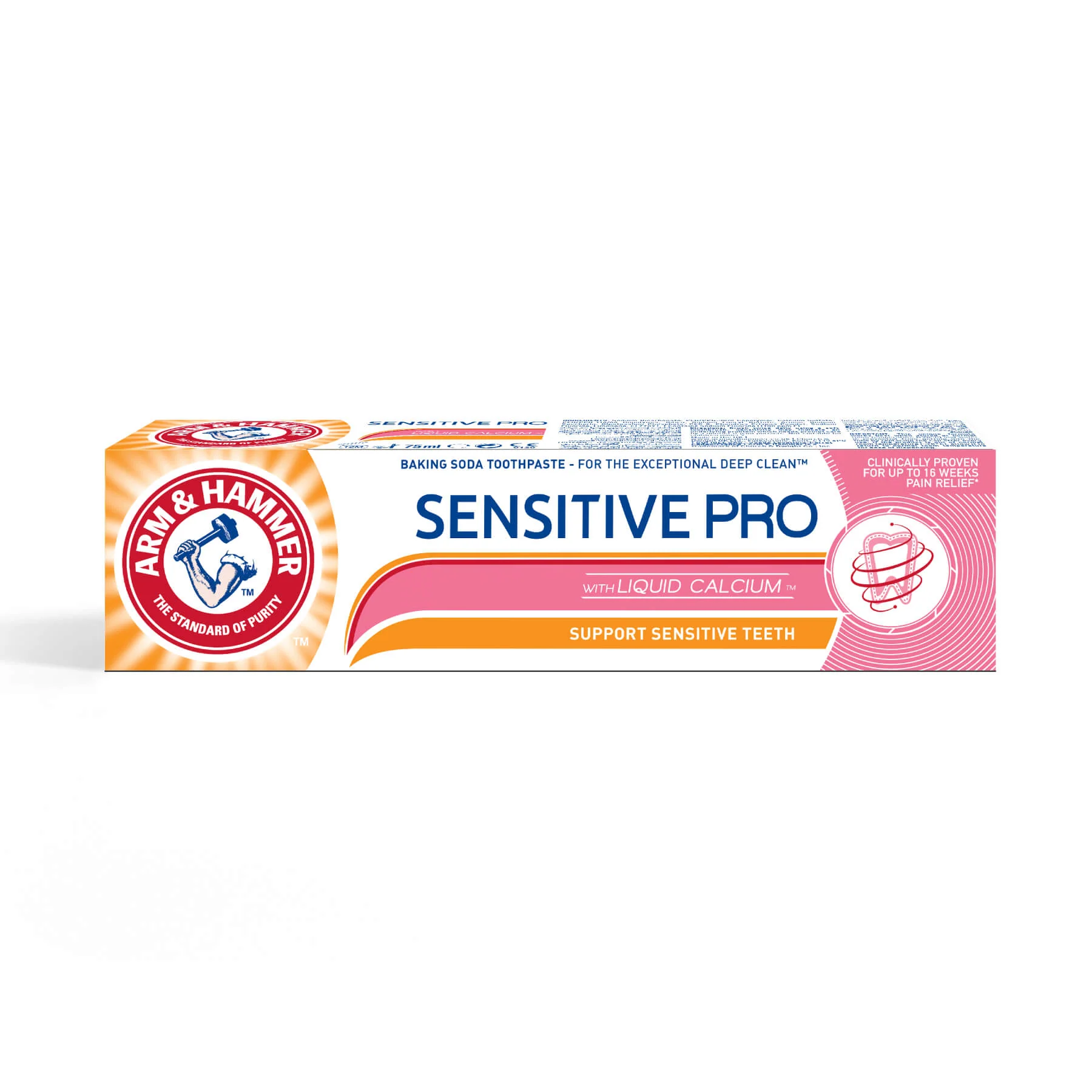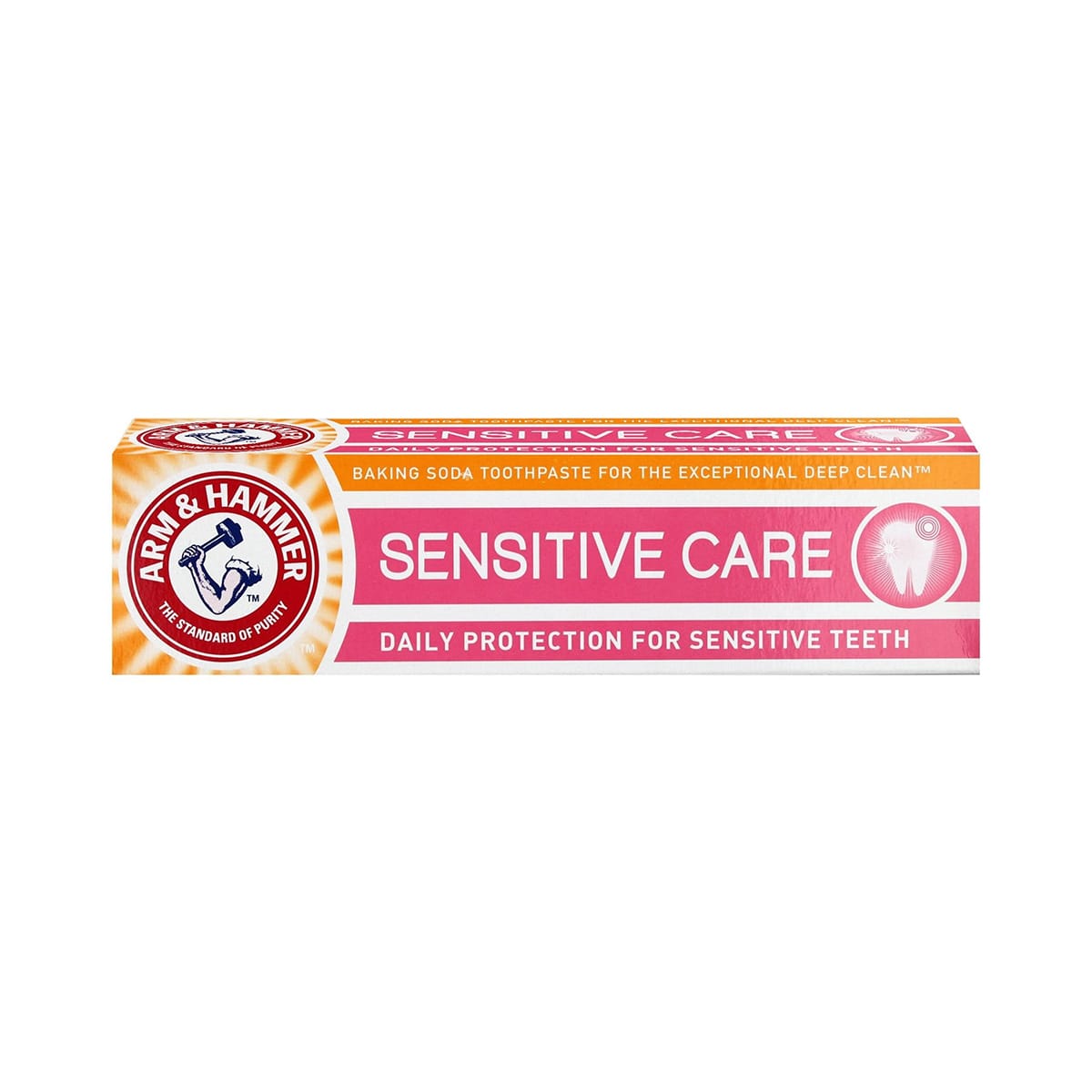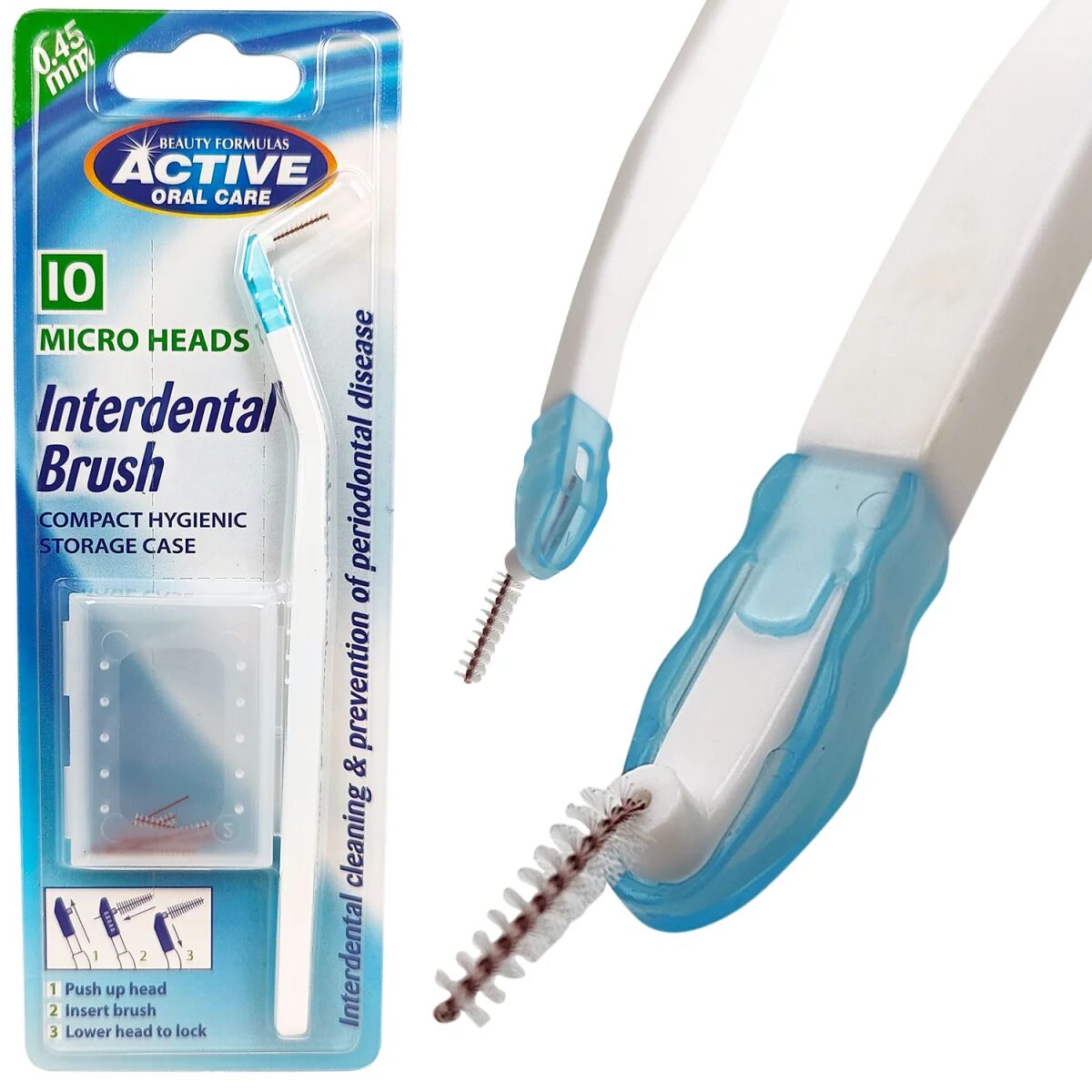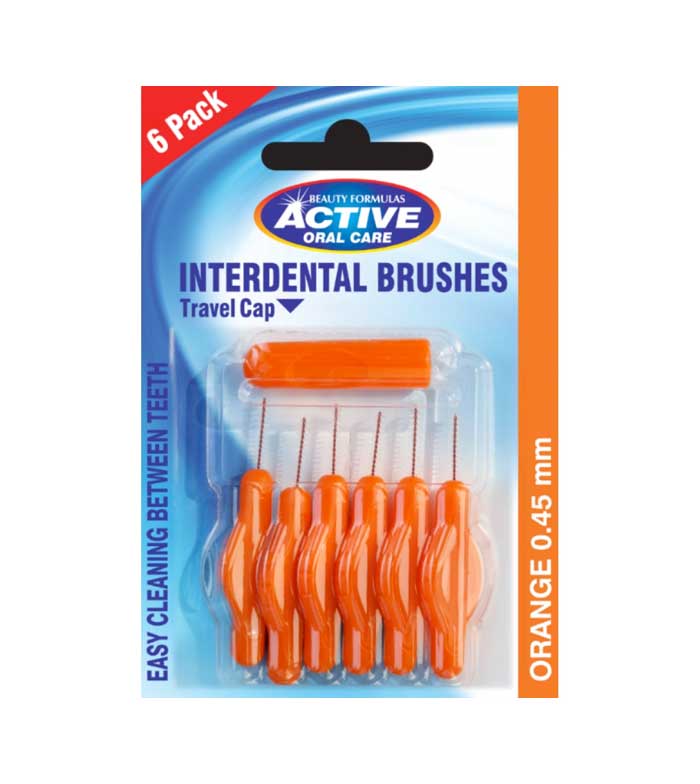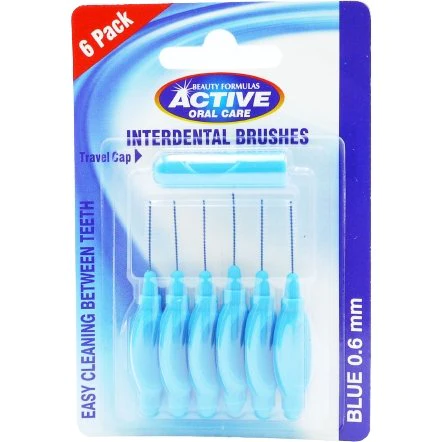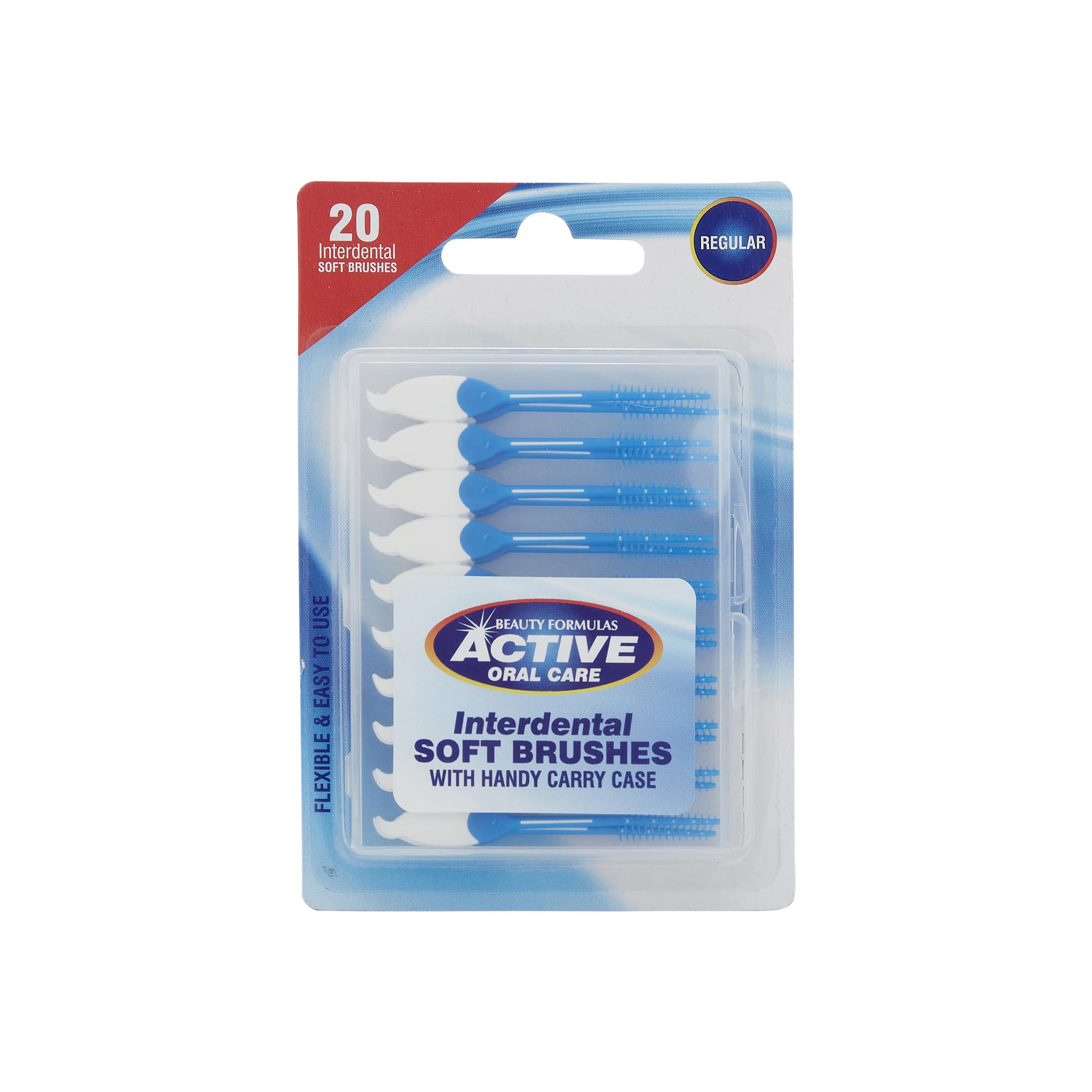Free Shipping for all Orders of Kshs. 4,000+
Oral care and hygiene are essential for maintaining overall health and well-being. Proper oral hygiene practices involve regular brushing and flossing to remove food particles and plaque from the teeth and gums. Brushing should be done at least twice a day with fluoride toothpaste to prevent tooth decay and gum disease.
In addition to brushing and flossing, it is important to visit the dentist regularly for professional cleanings and check-ups. Dentists can identify and treat any oral health issues before they become more serious problems.
A balanced diet low in sugary and acidic foods also contributes to good oral health. Limiting sugary snacks and beverages helps prevent cavities and enamel erosion.
Proper oral hygiene not only maintains a bright smile but also reduces the risk of systemic diseases such as heart disease and diabetes, which have been linked to poor oral health. Additionally, fresh breath and healthy gums boost confidence and overall quality of life.
Overall, investing time and effort into oral care and hygiene practices is crucial for a healthy mouth and body.
Showing 1–12 of 104 results
-
-
-
Andolex-C Lozenges for relief of a painful mouth and throat 20’s
Original price was: KSh 1,600.00.KSh 1,530.00Current price is: KSh 1,530.00. -
Arm & Hammer Coconut White Toothpaste 75ml
Original price was: KSh 950.00.KSh 870.00Current price is: KSh 870.00. -
ARM & HAMMER Extra White Care Toothpaste 125g
Original price was: KSh 1,000.00.KSh 940.00Current price is: KSh 940.00. -
Arm & Hammer Natural Clean & White Clean Mint Toothpaste 75ml
Original price was: KSh 950.00.KSh 870.00Current price is: KSh 870.00. -
Arm & Hammer Sensitive Pro Toothpaste 75ml
Original price was: KSh 950.00.KSh 870.00Current price is: KSh 870.00. -
ARM & HAMMER Sensitive Toothpaste 125g
Original price was: KSh 1,000.00.KSh 940.00Current price is: KSh 940.00. -
Beauty Formula – Interdental Brush 0.45mm + 10 Micro Heads + Storage Case
Original price was: KSh 700.00.KSh 550.00Current price is: KSh 550.00. -
Beauty Formula – Interdental Brushes 0.45mm + Travel Cap
Original price was: KSh 700.00.KSh 550.00Current price is: KSh 550.00. -
Beauty Formula – Interdental Brushes 0.60mm + Travel Cap
Original price was: KSh 700.00.KSh 550.00Current price is: KSh 550.00. -
Beauty Formula – Interdental Soft Brushes With Carry Case 20’s
Original price was: KSh 700.00.KSh 550.00Current price is: KSh 550.00.

